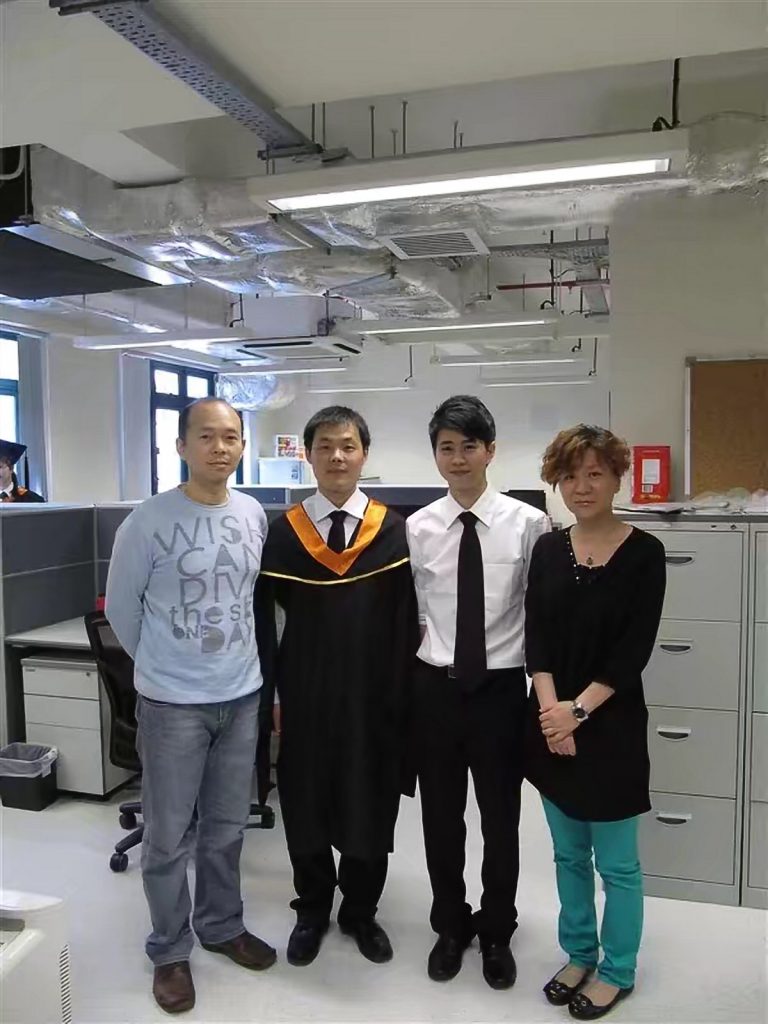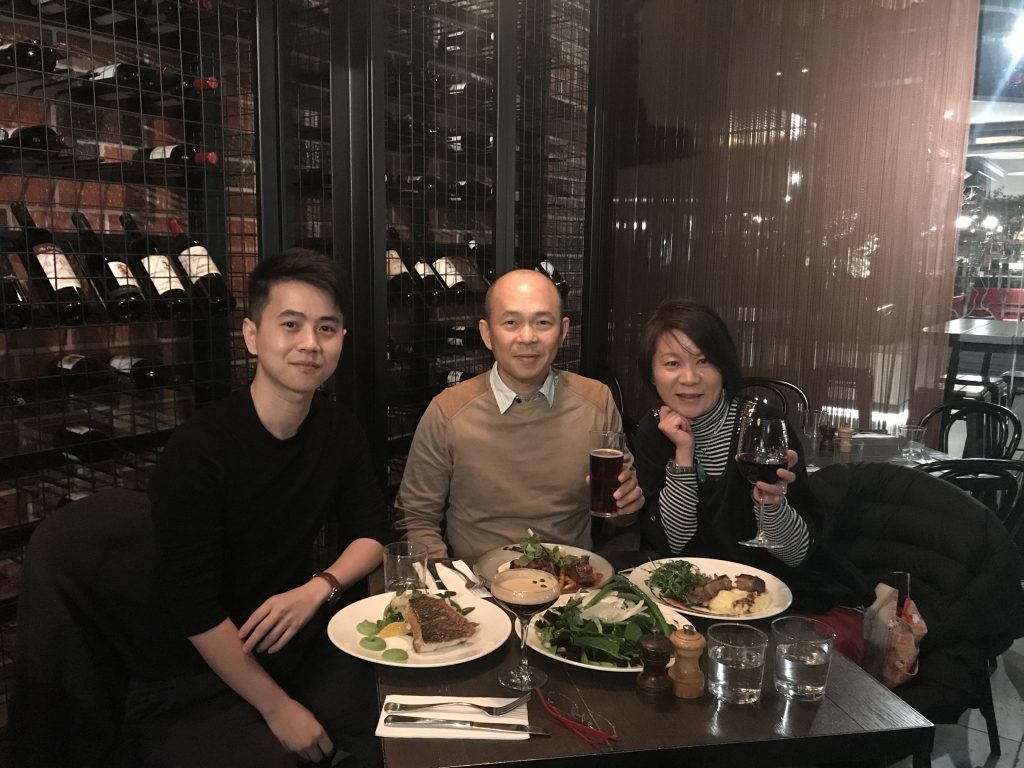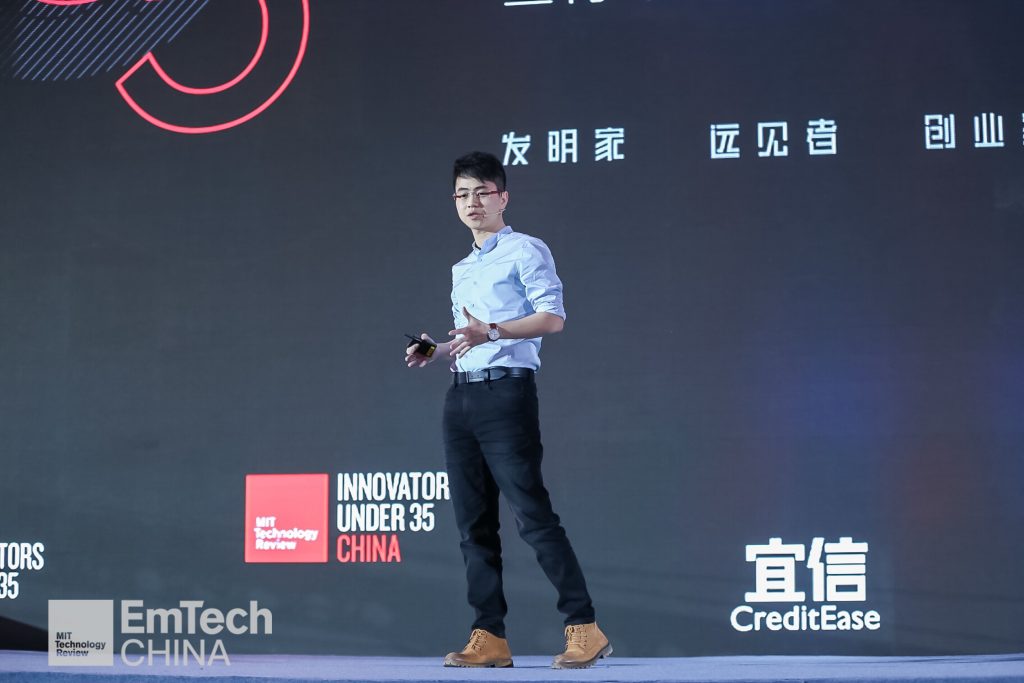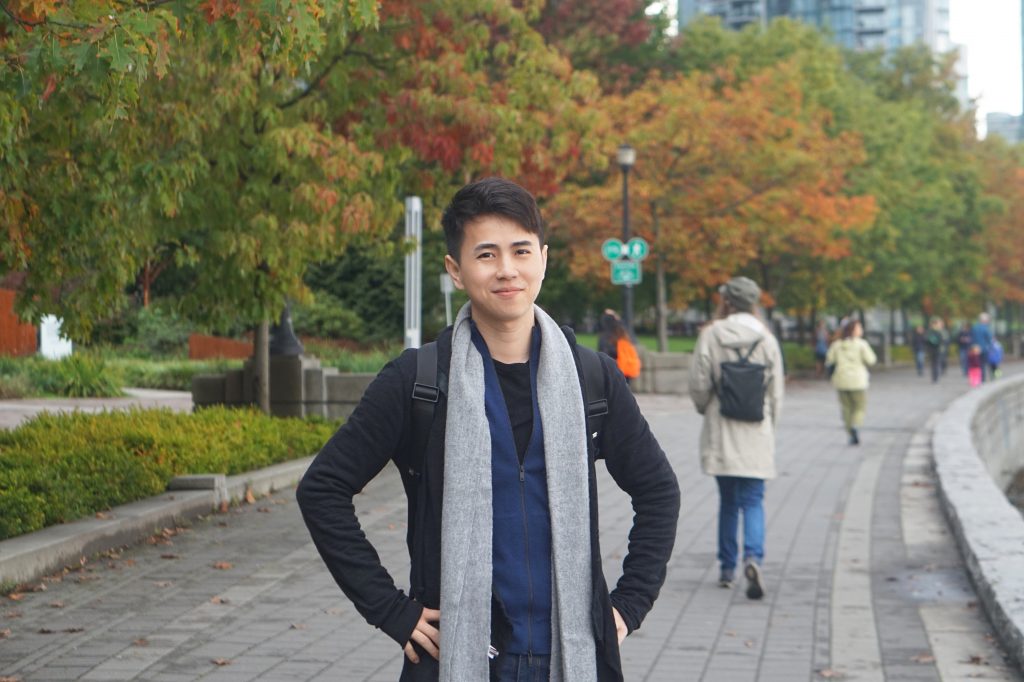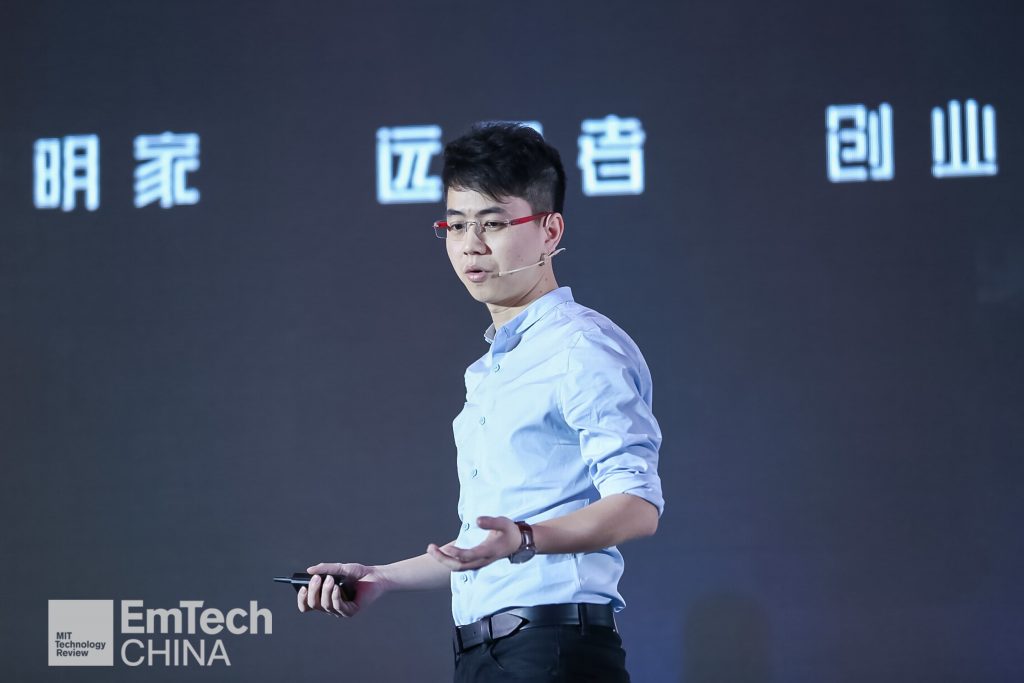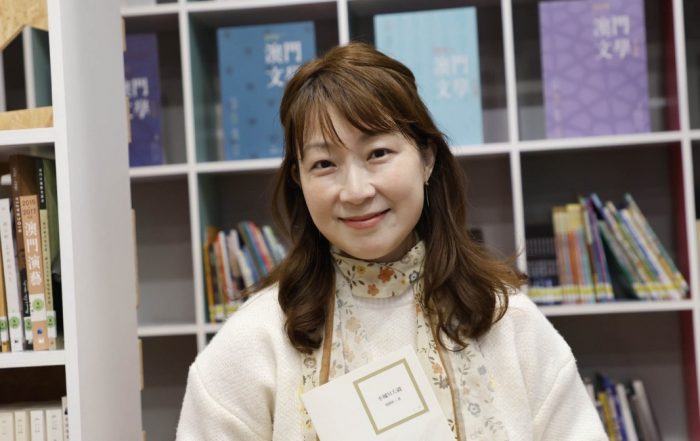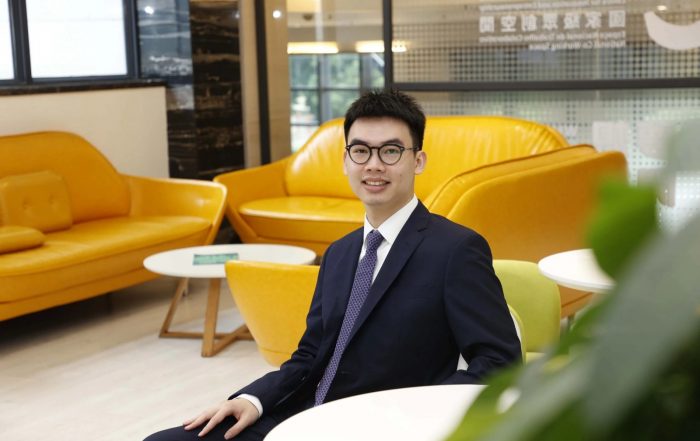To start a business, you must face numerous problems of different kinds, and no successful model for replication exists. Inventors also face similar situations as new inventions cannot be judged or measured based on past experience and there is no guarantee of success. However, that will not stop some inventors from chasing their curiosity. A UM alumnus, Zeng Xiaodong (Class of 2012, MSc in E-Commerce Technology), is listed in the 2017 MIT Technology Review’s list of “35 Innovators Under 35 in China” in the inventors category. His creation of Tao Cafe, which is the first unstaffed cafe in China, uses new technologies to realize a new mode of payment, developing unmanned retailing technology in China. In this interview, young inventor Zeng Xiaodong is invited to share his story with us.
Z: Samuel Zeng │ A:Alumni Journal
A: What made you decide to choose this field?
Z: My parents are doctors, so everyone assumed that I would grow up to inherit their profession and be a doctor as well. But my parents’ openness toward education was such that they encouraged me to grow and develop well rather than just force me to follow their way. This provided me with more opportunities to try new things. When I was in third grade, my father bought me my first computer: a model 486, which made me fall in love with computers and led to my decision to choose computing as my major later. I also took it as my career while most of my relatives and friends criticized it being totally unrelated to my parents’ profession. After finishing my first degree in Beijing, I came to the University of Macau for a master’s degree. The reason why I came to UM is that the open learning environment in UM allowed me to meet people from different parts of the world, and so I became more comprehensive and active in thinking.
A: What was your reason to pursue a PhD at UM?
Z: Firstly, it was the professors. I am very grateful to Professor Wong Fai (Derek) and Professor Chao Sam (Lidia). Both helped me a lot in balancing my studies, research and personal life; what I learned from them is not simply technical knowledge. The teaching and learning environment also counted. To me, UM is a very special university. We can experience a western education model in an oriental city. Students can meet different types of people from different parts of the world because of the open learning environment. All of these contribute to the essential development of students’ “global perspective” when doing academic research.
A: As a master’s student at UM, you participated in a project on PCT, the first Chinese-English-Portuguese trilingual machine translation system in Macau. The system is now widely used by education authorities and other government departments in Macau. Can you share with us the research results and your most memorable moment from this project?
Z: The University provided a well-equipped laboratory and sufficient resources to help our team explore and go deeper in the technical field. We also had ample opportunities to attend academic conferences overseas and go on exchange programs and to meetings. These experiences helped us to broaden our horizons. The most memorable moment was the first time that our paper on Natural Language Processing was accepted by the Annual Meeting of the Association for Computational Linguistics (ACL). We spent the night together in the lab waiting for the result of the paper. When we knew our paper was accepted, we were so excited that I couldn’t sleep that night.
A: What are some positive changes brought to your life by pursuing technology-led innovation?
Z: Firstly, the learning experience, professors and environment in UM made me realize the importance of recognizing, respecting and developing your real interests. Many of the decisions you make in your life should align with your interests that will affect your future, so it is really precious and important. Secondly, I am educated not to give up on something that you haven’t tried, even if most people think that you are wrong or cannot be successful. There is a Chinese saying, “When you reach a dead end and you put down all losses or successes, you may see light.” When doing research or innovation, failure does not mean the end, but a new starting point. Finally, whenever you encounter obstacles in teamwork, projects or research, don’t just give up easily. Once
you experience the “success from the final attack”, it will be a valuable experience in the long run.
A: What has inspired you to step into the field of Integration of the Internet of Things (IoT) and new retail technology after machine translation?
Z: With many years of solid training and hard work on machine translation both in academic research and industry, I have developed my own perspectives on artificial intelligence (AI) technology. My first idea was to “cultivate more possibilities in self- advancing technology.” Many people think that it was really an adventure to leave the familiar machine translation field and go into the brand new IoT synthesis field. However, I was very determined to follow my heart and explore the new field, and to achieve what I have done today.
A: What role have you taken in the “Ant Financial Services Group” product technology department? What challenges have you faced?
Z: I am working as a team leader. In industrial enterprise, you will face very difficult and complex problems when making innovations, especially in big enterprise. It is quite abnormal if you don’t meet any problems in daily work. But it helps development in self-advancement and teamwork as it is very demanding mentally, physically and intellectually every day.
A: How do you feel being recognized in one of the most authoritative lists of talented young people in technology and innovation?
Z: My strongest feeling is to keep a normal heart. I am still an ordinary and hard-working explorer in the AI industry.


